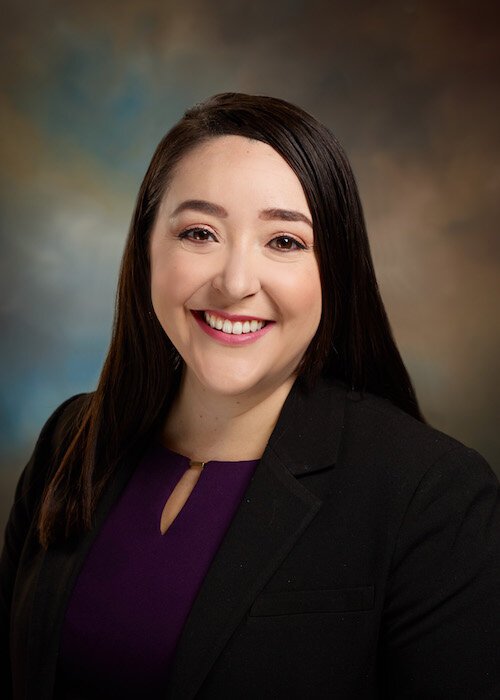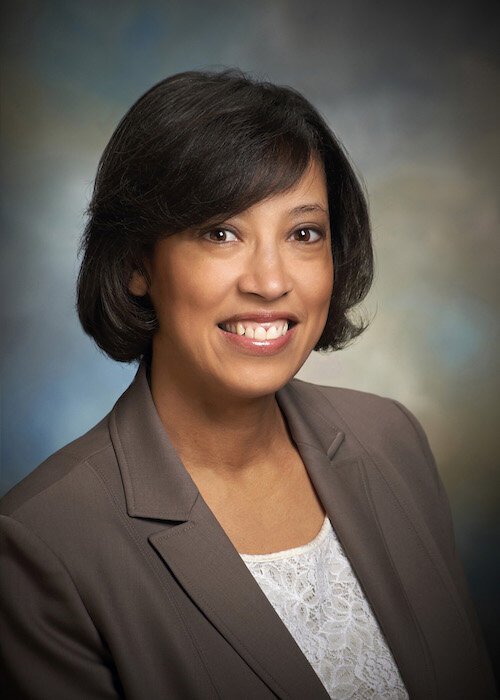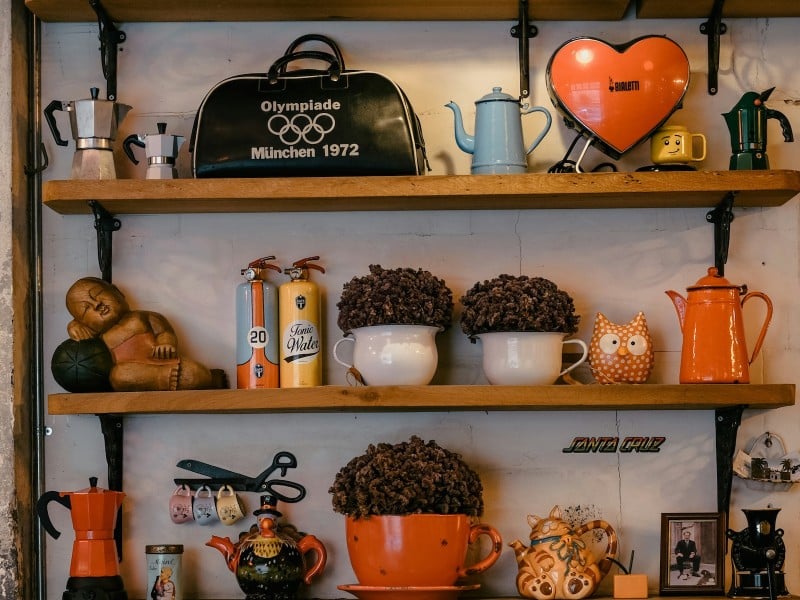Kellogg Foundation hosts ‘Healing in Action’ for dialog during time of heightened racial awareness
The WKKF recently hosted a virtual preview of their National Day of Racial Healing titled “Healing in Action” now available for viewing on its YouTube channel.
The disparities and inequities faced by different racial and ethnic communities throughout the United States and the world became glaringly obvious with the onset and spread of the COVID19 pandemic. But, it was the murder of George Floyd in May that brought people out into the streets to protest and has led to national and global conversations about the importance of racial healing.
One of those conversations – the National Day of Racial Healing – is being spearheaded by the W.K. Kellogg Foundation and is scheduled to take place on January 19, 2021. But, leadership with the foundation didn’t want to wait until next year to begin the dialog.
On Thursday, June 25, the WKKF hosted a virtual preview of their National Day of Racial Healing titled “Healing in Action” now available for viewing on its YouTube channel here.
Citing the range of disparities brought to light by COVID19 that were exacerbated by Floyd’s murder, Arelis Diaz, WKKF’s director of the Office of the President, says, “We wanted to create a moment where we don’t wait until January.
“We said, ‘Let’s lean into our mission.’ We know healing is necessary and we are amplifying access to pieces of it. We have a lot of grantees and partners in the field working in communities making the lives of children better who could lift up their voices and deliver a call to action.”
Participants in the virtual preview include:
• Celeste Clark, PhD, Chair of the WKKF Board of Directors.
• Henry Kravis, an American businessman, investor, and philanthropist and co-founder of Kohlberg Kravis Roberts & Co. Inc., a global investment firm.
• Mitch Landrieu, former Mayor of New Orleans.
• John Legend, an American singer, songwriter, and actor.
• Bryan Stevenson, an American lawyer, social justice activist, founder/executive director of the Equal Justice Initiative, and a clinical professor at New York University School of Law.
• La June Montgomery Tabron, President and CEO, of the WKKF.
• Baratunde Thurston, an American writer, comedian, commentator and co-founder of the Jack and Jill Politics, a political blog.
Some of those selected as participants are members of the WKKF’s Solidarity Council on Racial Equity (SCoRE): Rebecca Noricks, WKKF Communications Officer, says SCoRE members are recognized global change leaders in advocacy, the arts, business, education, and media.
Diaz says the individuals selected already have a commitment to advocating for racial equity in their work.
“They have made a commitment in their body of work as individuals to make a difference. We have partnered with them before. We wanted to lift up their work,” she says.
“Each stands at the forefront of equity in the public arena. Each is celebrated in his or her professional sphere,” Noricks says. “Each brings a stirring voice to conversations in the public arena, one that resonates with W.K. Kellogg Foundation values and commitment to racial equity.”
SCoRE members have more recently been engaged in the foundation’s work with nine Racial Equity Anchor Organizations – a collaborative of nine leading national racial equity anchor organizations supported by the WKKF that have been working with the foundation since 2010. Together, they work to promote racial equity, advance racial healing, and ensure that all children, families, and communities — no matter the color of their skin — have genuine opportunities to reach their full potential, Noricks says.
The nine organizations include: Advancement ProjectNational Office, Asian & Pacific Islander Health Forum, Demos, Faith in Action, National Congress of American Indians (NCAI), National Association for the Advancement of Colored People (NAACP), National Urban League, Race Forward, and UnidosUS.
But, Noricks says these organizations and individuals are part of a larger network of grantees supported by the WKKF in this space.
“We have many different sectors represented by the SCoRE participants, including education and corporate and philanthropy,” Diaz says. “Each of the participants has a lens they see the world through that they have expertise around.”
For instance, Clark discusses during the event what the WKKF has done to ensure that there is diversity on their board of directors and issues a challenge to others to do the same.
Diaz says based on the foundation’s work and partnerships with grantees, that they have a set of values and diversity on their board, but that is not always reflected within their board, senior leadership, and staff.
“It’s not enough to say, ‘Yes, we believe in this.’ You can’t just say that, you have to reflect that,” Diaz says.
Kravis talks about that, “Yes, as an organization we have a long-standing commitment to diversity and inclusion,” but when the data is reviewed what it represents is not reflective of that commitment, Diaz says.
Kravis says policies need to be put in place to ensure that their recruitment policies are improved and intentional efforts are made to seek out individuals of color and have them represented at all levels.
Diaz says the participants involved in the “Healing in Action” virtual event are phenomenal longtime partners who lift up their voices in community and give all grantees and partners time for healing through their expertise and years of experience. She says at this time it feels like people want to know what to do and there were many calls to action at this event.
Among the calls to action was one with a focus on education.
“We believe all children can learn, but then you look at the data and see that our children are doing the worst they ever have.”
The mindset, she says, will have to be different post-COVID19.
“The call to action will be for a specific curriculum that teachers will have to represent, one that gives an honest depiction of the colonization of America,” Diaz says. “If we’re really serious about this movement, we have to reimagine what students are taught every day and that’s the call to action.”
“Participants will be guided and shown how to make a difference through calls to action,” Diaz says. “Every participant will connect with someone and something will resonate. They will be able to choose from many calls to action to proceed with action steps in the community to better the lives of children and families.
“At this moment in time in this country, every individual will have to decide that they need to do something or not.”
Diaz says the foundation gets numerous requests nowadays for virtual conversations and this one is unique because it’s giving individuals an opportunity to speak and act. She says this is “just a preview of what’s coming in 2021.”
When asked if these racial healing events were preaching to the choir, Diaz responds, “The choir has been singing for a long time and no one’s been paying attention. We have to behave in different ways. There will be calls to action for grantees and partners to envision a new America. That means we have to reimagine and we have to behave differently and our actions have to look different than they have in the past.”
Icela Pelayo, WKKF program officer for Racial Equity and Truth, Racial Healing & Transformation, says, “This work is really difficult and intensive and for folks are doing this work daily without the cameras on them in the communities they work in it is a labor of love. This event is also a way to uplift and inspire them and champion their work. It affirms that their work is important.”
Diaz says the work being done at the grassroots level is just as important as what happens at the CEO level. What people are experiencing is unlike anything they may have experienced before and it’s an indication of where the world is at.
“I’m surprised that the whole entire world is in solidarity with us at this moment,” she says. “We’ve reached a peak. COVID19 and George Floyd’s murder were getting us prepared for this moment where we’re seeing each other as humanity.”
Diaz says she thinks when it comes to we collectively had our foot on the gas and brake pedal at the same time and “it seems like we’ve let our foot off the brake. We’ve had enough and people say they will not stand for inequality anymore. We’re not going to stop until things change.”
Pelayo says, “We want folks to walk away with this determination to make this (change) possible.”

















